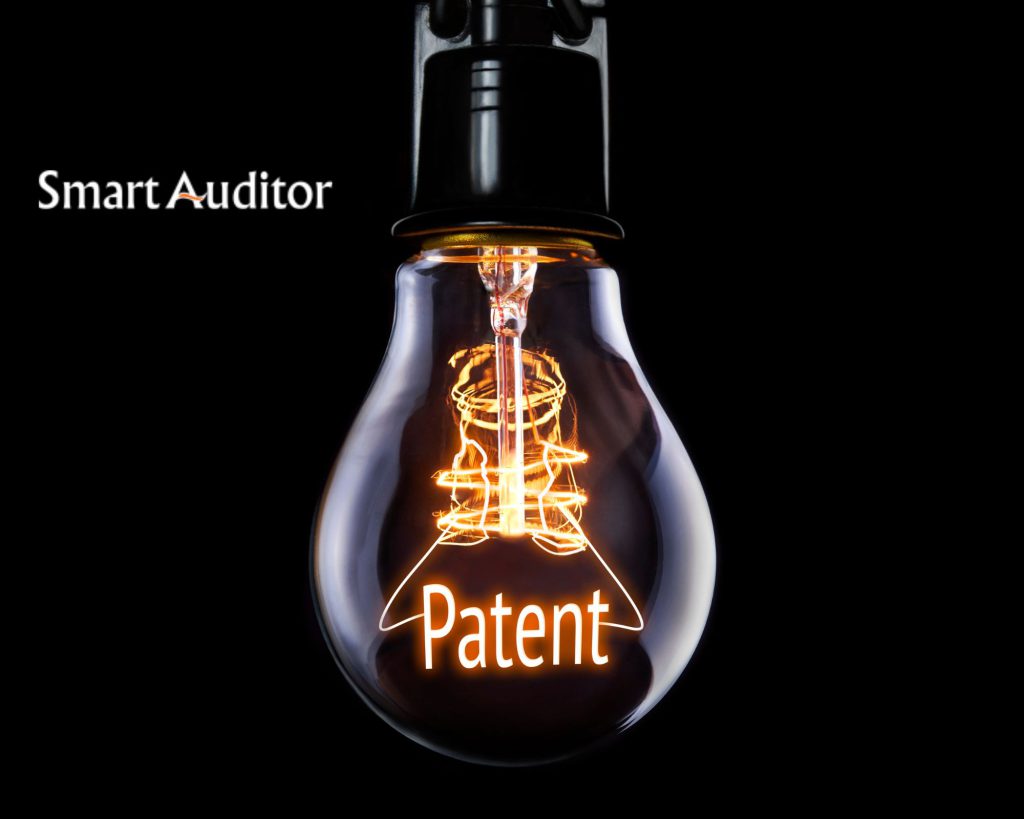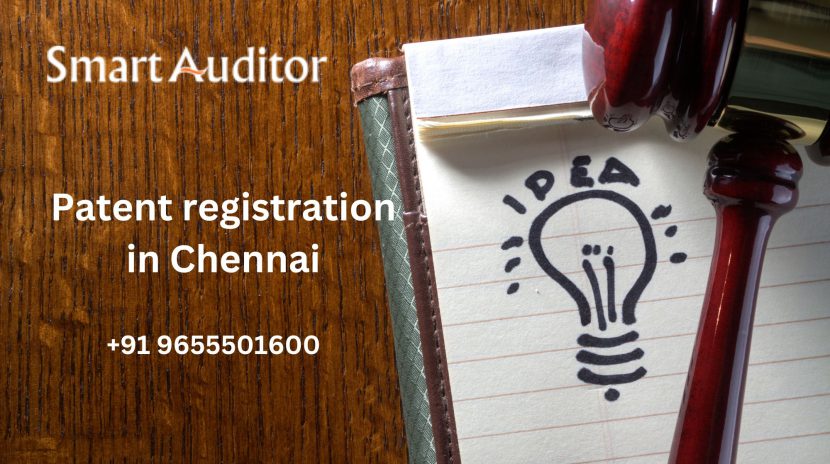The Act VI of 1856 was the first piece of legislation in India that dealt with patents. This law was meant to make it easier for inventors to share the secrets of their inventions and encourage the creation of novel and useful products. Because it was passed without the consent of the British Crown, Act IX of 1857 overturned the Act. Act XV of 1859 was the name of the new piece of legislation that was introduced to grant “exclusive privileges.”
The grant of exclusive privileges to only useful inventions and the extension of the priority period from six months to twelve months were two modifications to the earlier legislation that were included in this legislation. Importers were not included in this Act’s definition of an inventor. Taking prior public use or publication in India or the United Kingdom to determine novelty was a departure from this Act, which was based on the United Kingdom Act of 1852 with some modifications.
The Indian Patents & Designs Act of 1911 was viewed as failing to achieve its goal after independence. Due to significant shifts in the country’s political and economic circumstances, it was decided that it would be beneficial to enact comprehensive patent law. As a result, in 1949, the Indian government set up a committee headed by Justice (Dr.) Bakshi Tek Chand, a retired judge from the Lahore High Court, to look at India’s patent law and make sure it serves the country’s best interests.
The task at hand was to investigate and provide a report on how the Indian patent system operates;
- to investigate India’s current patent law and offer suggestions for enhancing it, particularly about provisions aimed at preventing patent rights abuse;
- to determine whether food and medicine patents should be subject to any additional restrictions;
- to suggest ways to effectively promote the patent system and patent literature, particularly regarding Indian inventor-obtained patents;
- to think about whether or not establishing a National Patents Trust is necessary;
to think about whether or not it would be beneficial to regulate patent agents’ work; to look at how the Patent Office works and the services it provides to the public and make appropriate suggestions for how it can be improved; and to provide a general report on any enhancements that the Committee deems necessary to make the Indian Patent System more in line with the national interest by encouraging invention and its commercialization.
On August 4, 1949, the committee delivered its interim report, which included suggestions for modifying sections 22, 23, and 23A of the Patents & Designs Act, 1911 like that of the United Kingdom Acts of 1919 and 1949 to prevent misuse or abuse of patent rights in India.
The committee also observed that the Patents Act ought to clearly state how to make sure that food, medicine, and surgical and curative devices are made available to the general public at the lowest possible cost while still providing the patentee with a fair amount of compensation.
In India
The Justice N. Rajagopala Ayyangar Committee was established in 1957 by the Indian government to investigate the issue of patent law reform and provide recommendations to the government. In September 1959, the Committee submitted its report, which was split into two parts. The first section covered general aspects of the Patent Law, while the second section provided in-depth commentary on various clauses of the 1953 lapsed bills. The negative aspects of the patent system were also discussed in the first section, along with solutions and legal recommendations. Despite its flaws, the committee recommended keeping the Patent System in place.
The Patents Bill of 1965 was based on this report’s recommendations for significant law reform. On September 21, 1965, this bill was introduced in the Lok Sabha, but it was never passed. Another amended bill was introduced in 1967, and it was referred to a Joint Parliamentary Committee.
The Patents Act of 1970 was passed based on the Committee’s final recommendation. In terms of patent law, this Act overturned and replaced the 1911 Act. Designs, on the other hand, continued to be subject to the 1911 Act. With the publication of the Patent Rules, 1972 on April 20, 1972, the majority of the 1970 Act’s provisions came into effect.
Until December 1994, this Act was in effect for about 24 years without any changes. On December 31, 1994, an ordinance that made some changes to the Act took effect, but it only lasted for six months. In 1999, an additional ordinance was enacted. The Patents (Amendment) Act, of 1999, which took effect on January 1, 1995, took its place as the replacement for this ordinance.
Although such patents were not permitted, the amended Act made it possible to submit applications for product patents in the fields of drugs, pharmaceuticals, and agrochemicals. However, such applications could not be evaluated until December 31, 2004. Under certain conditions, the applicants may be granted Exclusive Marketing Rights (EMR) to sell or distribute these products in India.

Procedure for Patent registration
- Conducting a Patentability Search for Patent registration in Chennai is the first step.
- Drafting a Patent Application,
- Submitting a Patent Application,
- Making a Patent Application Public for Patent registration in Chennai.
- Examining a Patent Application, and
- Responding to an Objection in a Report
Patentability search
Before making a patent application for Patent registration in Chennai, a patentability search can determine whether an invention is patentable. The following are the fundamental requirements for patentability:
Novelty:
Before the date the patent application is filed for Patent registration in Chennai, the disclosed invention should not be in the public domain anywhere in the world.
Inventiveness:
A skilled person would not be able to tell what the invention is.
Relevant to the industry:
- To be made or used in the industry, an invention needs to be useful. Subscribed patent databases that cover patents from all over the world are used for patent searches.
- To assist in determining the likelihood of an invention being granted a patent, the report cites comparable patents and relevant literature.
- Either an MS-Word or MS Excel spreadsheet version of the report is provided. Electronic copies of the patents are also made available.
Patent drafting
Drafting Provisional Patent Applications for Patent registration in Chennai is part of the art of techno-legal writing that covers a variety of an invention’s features.
Clients typically use drafting services for provisional patent specifications when there are insufficient details to create a complete patent specification.
A Provisional Application that gives the invention immediate protection and a filing date. Within one year of the filing of the provisional application, a complete patent application must be drafted and filed for Patent registration in Chennai.
You can claim “Patent Pending” Status for a year even though this application will never be processed further and will not provide you with any protection.
The patent specification is the most important document for Patent registration in Chennai. It safeguards your interests in the invention and must be followed when drafting the complete patent application or non-provisional patent application.
Only if one can thoroughly comprehend the technical aspects of the invention and the legal aspects of patenting can one write a good patent specification.
Prosecution and grant of Patent
The process of obtaining Patent registration in Chennai from the Patent Office is typically referred to as patent prosecution.
We offer complete services, including the preparation of patent applications with client feedback, the filing of patent applications for Patent registration in Chennai, active prosecution, and close monitoring of pending patent applications.
This includes preparing a response to official action, handling pre-grant opposition, post-grant opposition, and appeals, devising amendments with the potential to have the greatest impact; attending hearings whenever necessary, and tracking the application from the time it is examined until it is granted. Statement regarding the patent’s operation filed after the application is granted.
Features
When you have Patent registration in Chennai, right to prevent others from making or selling the invention without the permission of the patent owner
- NOT a right to make or sell the invention if you have Patent registration in Chennai.
- Only available for new technology-based inventions
- Need to meet patentability conditions
- Limited geographically under national patent laws, but there are regional and international treaties
- Limited duration when you have Patent registration in Chennai.
- 20 years from the filing date Annual renewal or maintenance fees (increasing with time)
- Some limitations on the rights Property rights in inventions may be licensed or sold if you have Patent registration in Chennai.
Benefits
- When you have patent registration in Chennai this ensures that no one else can use your invention without your permission and provides legal protection for your innovations and creations.
- You can increase the value of your invention by preventing others from using it without your permission by obtaining a patent. So Patent registration in Chennai is recommended.
- You can monetize your invention and potentially generate income by obtaining a Patent registration in Chennai, which can open up licensing and commercialization opportunities.
- When your invention has Patent registration in Chennai, you are granted the exclusive right to use, sell, or license it for a predetermined amount of time—typically twenty years from the filing date.
- Having a patent with Patent registration in Chennai demonstrates that your invention is unique and has been legally recognized as such, giving it credibility.
- Having patent registration in Chennai gives you legal recourse to take legal action against the infringer in the event of an infringement. In a nutshell, registering for a patent is essential for securing legal protection for your inventions and making money from them.
- Also if you get patent registration in Chennai, ensures that you will always have ownership of your invention and will be able to legally prevent others from using it without your permission.
Conclusion
We Smartauditor are the pioneer in offering services to our clients at an affordable cost.
